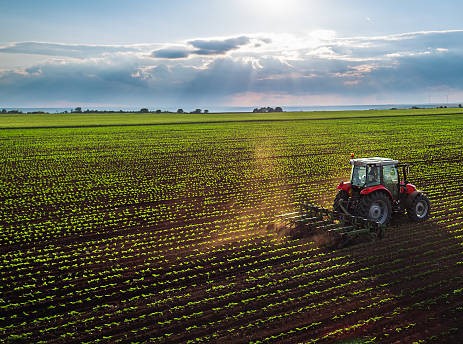

Agriculture, forestry and other land uses (afolu) is an important component of successful transition processes delivering on national and international agendas on climate change and biodiversity. Yet, local responses may not resonate with the national and international agendas, which is one of the reasons why local climate action often face multiple challenges.
We study local responses to global environmental change and investigate links and disconnects between policy targets and local realities. Our focus is on the communities depending on and managing environments in transition. Land use transition and local climate governance involve multiple stakeholder interests and different land-uses often conflict with one another. Consequently, we investigate diverse local responses to examine potential synergies between adaption and mitigation planning. To this end we research local responses among different stakeholders and their responses to climate risks like heatwaves, drought, flooding, and heavy rains in the short and long term to inform adaption scenarios and pathways. Mapping methods and participatory planning methods are important tools in this, which are applied across rural and urban contexts to investigate spatial and social facets of decision making processes, governance and environmental management.
Researchers:
– In cooperation with Martin Lehmann, Aalborg University, and Nicola Tollin, University of Southern Denmark.
Image credits: The authors
0 0
